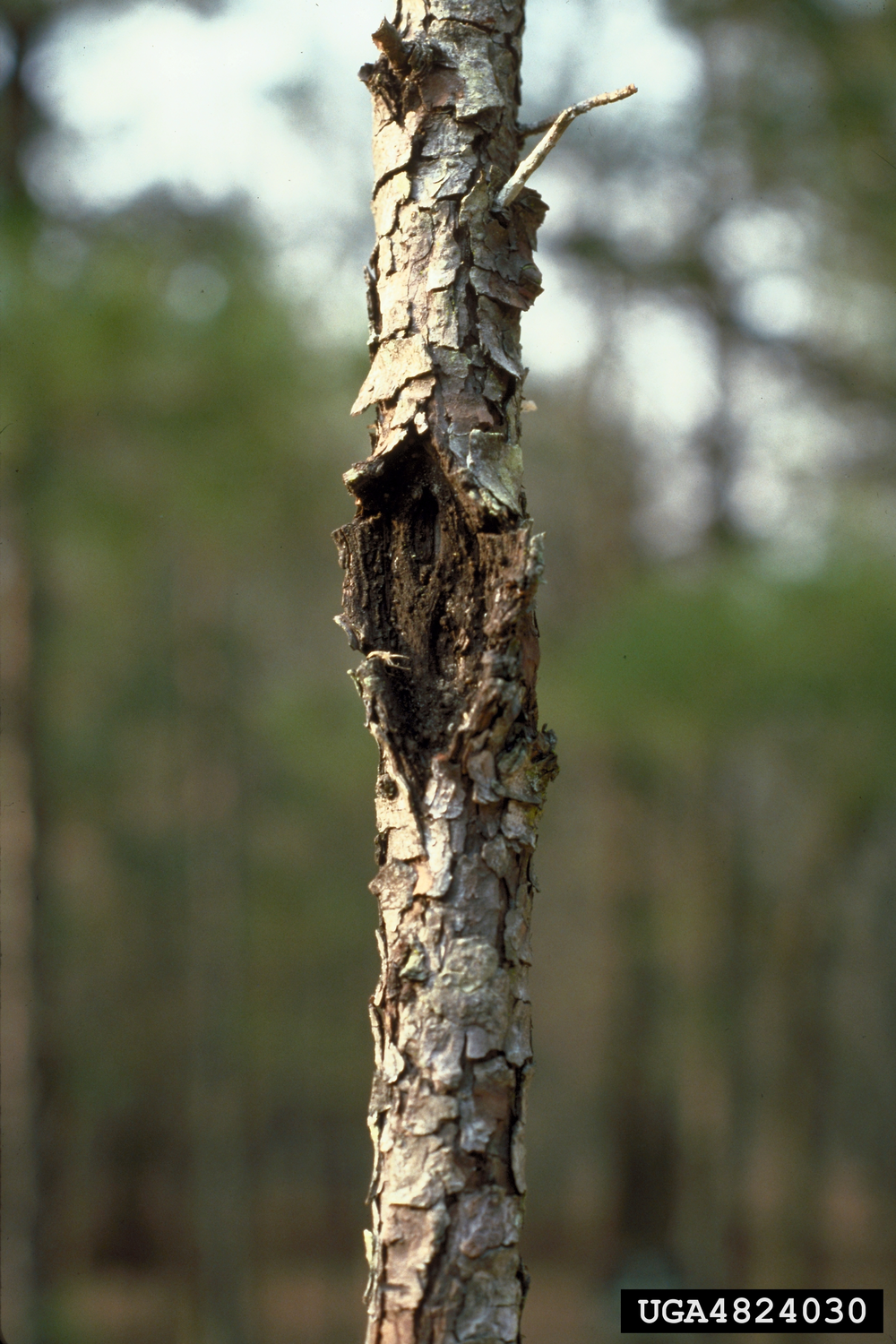holistic management of emerging forest pests and diseases
New additions to HOMED’s practice abstract collection
 Caliciopsis canker (Caliciopsis pinea) on loblolly pine (Pinus taeda)
Caliciopsis canker (Caliciopsis pinea) on loblolly pine (Pinus taeda)The fifth practice abstract provides practitioners with insight on the Caliciopsis canker on pines which is caused by Caliciopsis pinea. The aim of the conducted study was to clarify the taxonomy of Caliciopsis specimens collected from infected Pinus spp. in Europe to improve their detection and identification.
The sixth abstract aims to explain more about the new sequence-specific probe that has been developed and used in a LAMP assay for Fusarium circinatum (the causal agent of pitch canker) using a field-deployable portable instrument. The purpose is to timely detect the organism, which could efficiently prevent its introduction in new areas or facilitate its management in already infected sites.
The seventh abstract shows the effective framework for early warning and rapid response, which is a crucial element to prevent or mitigate the impact of biological invasions of tree pathogens, especially at ports of entry.
The eight practice abstract presents solutions on how to deal with tree pandemics, which are in fact a major cause of economic and ecological loss in forest and urban ecosystems. Deciphering interactions between native non-aggressive organisms and insect vectors associated with trees in native systems may help to predict the outcome of the introduction of new pathogens and the development of new tree pandemics.
The collection of HOMED practice abstracts is available here. The project foresees to translate further important project research and results for the needs of practitioners.